Thanksgiving: A Day For Healing
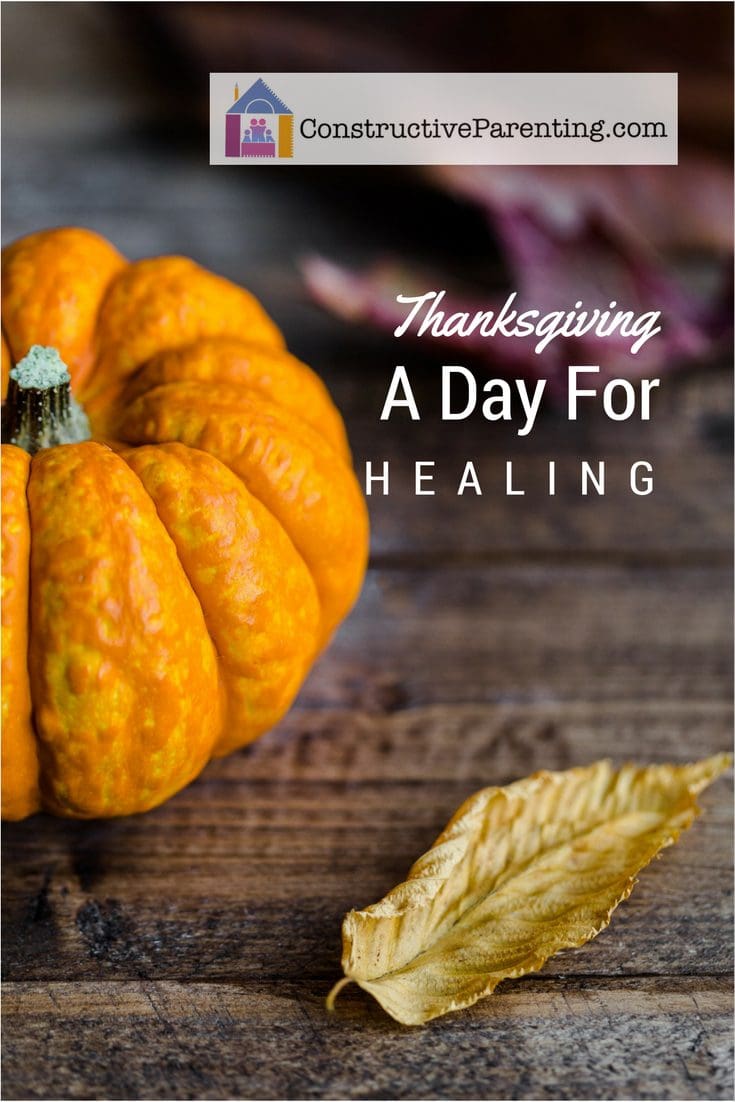
Lately I have been avoiding the news and social media because so much of what I see is about people being mean to one another. When I get on Facebook to check to see if people are posting about their children’s antics, I end up getting sucked into articles about how divided people are by their political allegiances. In November, I usually love reading posts about what people are thankful for, but this year people’s gratitude seems to be eclipsed by feelings of division. There are stories about college kids who are choosing to stay in their dorm rooms instead of spending Thanksgiving with their families and of grandmothers who have “unfriended” their granddaughters because they have different political views.
That’s why it was so refreshing, yesterday, when a dear friend told me about a children’s book called Pardon That Turkey. Of course, I knew about the story of the feast between the pilgrims and the Native Americans. What I had no idea about, though, was that for two centuries Thanksgiving was a minor holiday celebrated in various places in New England on various days. Pardon That Turkey, shares the story of how a woman named Sara Josepha Hale recognized that the country was divided and needed a national holiday of giving thanks in order to heal. She spent 17 years advocating to five different presidents for the creation of this national holiday before she convinced Abraham Lincoln to make it official in 1863, during the Civil War.
Hearing about this story felt like a wake-up call to my foggy brain and exhausted heart. Our country is again divided and instead of giving thanks for what we have, we are acting like petulant children. We are name calling, bullying and trying to make ourselves feel better by shaming one another. And as we misbehave, I wonder, what are our kids learning? This holiday season, I believe it is important for us as parents to remember two important things as we strive to be examples worth following.
1. Even Though All Feelings Are Okay, We Must Take Responsibility for Our Actions.
This is what we teach a child who is learning how to express frustration appropriately. We might tell a three-year-old “It is okay to be angry that your friend took your toy and in this house, hands are not for hitting. Please think of a different way to let your friend know you are upset.” After the election people are having all sorts of feelings, and all of them are okay. What is not okay is the behavior people have engaged in to try to hurt one another when they do not agree. It is okay to be sad your candidate lost the election, and it is not okay to riot because you are not happy with the results. It is okay to be excited that your candidate won, and it is not okay to commit (or condone) hate crimes to make other Americans feel unwelcomed in your community. It is okay to be afraid about what will happen in the future, and it is not okay to shame other people for practicing their right to vote for the candidate they believe will bring positive change. When our children act out we feel frustrated and disappointed. When adults act out in front of children they feel afraid.
2. Empathy Is Critical For Healing A Relationship Between Two People Who Do Not Agree.
Even if you have made conscientious choices to express your feelings about the election in productive ways, it can still be hard to interact with people who voted differently than you did. Avoiding people who feel differently seems like an easy strategy, but the holiday season brings people with different perspectives together. The avoidance strategy gets tricky when you are seated around the same table, or you are at the same cocktail party. Our point of view is based on our life experiences and everyone’s story is different. But despite these differences we all share the same basic desires to be heard and feel understood. While it is comforting to click through to the articles that Facebooks algorithms have predetermined you will enjoy, this habit prevents us from seeing the humanity of the other side. We are polarized into groups of “us” and “them”, and this divide makes the thought of moving forward together seem like an impossibility. It is worthwhile, however, to learn how to pause when someone with a different opinion starts to speak. To look at them and try to understand how their experiences have effected their truth. Only then can we start to sow seeds for coming together, for finding a common ground. As parents, we emphasize to our children the importance of the golden rule, to treat others as you wish to be treated. But when they see us shunning other people because they do not share our same beliefs, they learn to do the same.
This Thanksgiving, thanks to Sara Josepha Hale, we are given the opportunity to put aside our differences in order to come together as a country giving thanks for all that we have. The spirit of our country may feel broken and the need for us to begin healing is great. What better place to start than with an open mind, open heart, and gratitude for our extended family and friends.
If you feel others would benefit from reading this post, please share it with those who matter most to you.

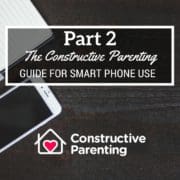
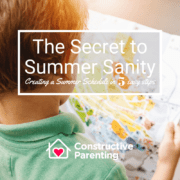
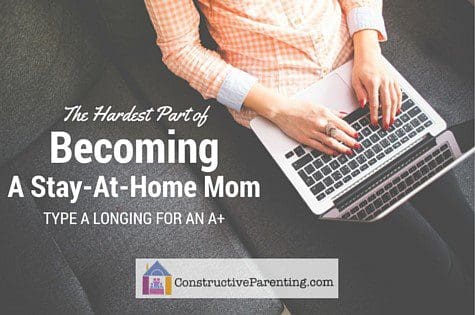

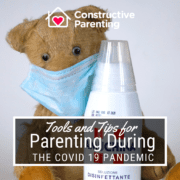
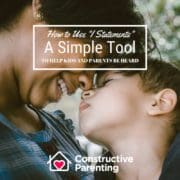

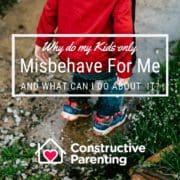
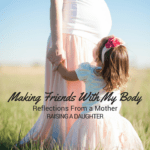

Leave a Reply
Want to join the discussion?Feel free to contribute!